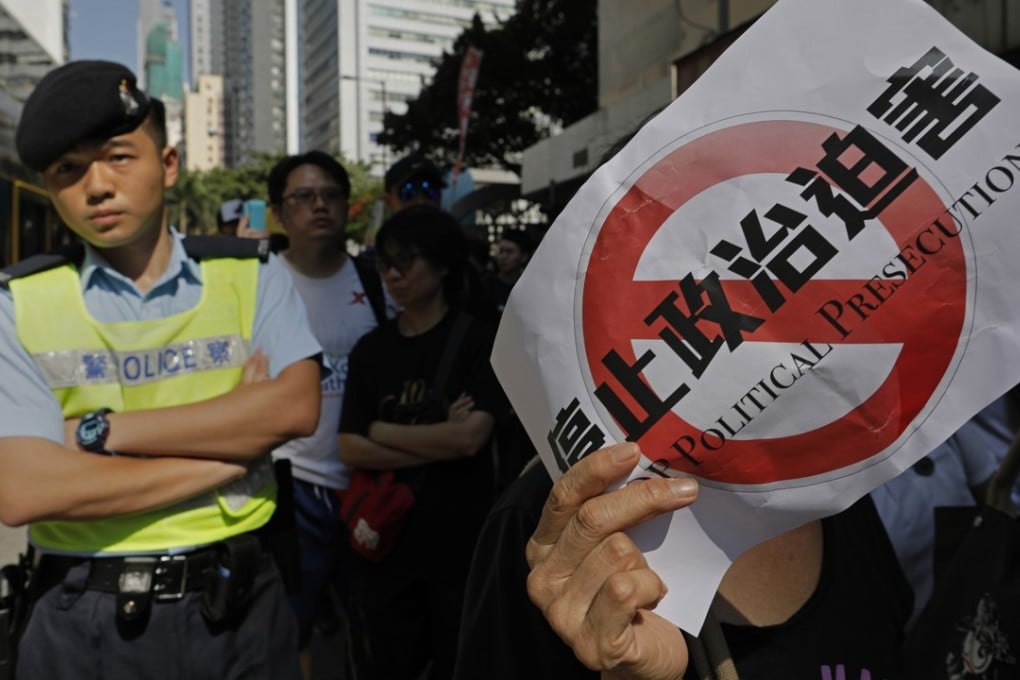Democracy and human rights are vital for the rule of law – and so is legality
Ken Macdonald says both in the UK and Hong Kong, public prosecutors can appeal against a sentence they find inadequate, and if the process unfolds according to law, the court should not have its integrity questioned for making an unpopular decision

The rule of law is not a moveable feast. You can’t invoke it when it suits you and then spurn it when it doesn’t. It combines democracy, human rights and legality. The first two are easy: everyone believes in democracy and human rights, don’t they? But what of legality? This is much harder and poses a greater challenge, a greater test of loyalty to principle.
In a rule-of-law system, it is obviously not just the law that counts. After all, a tyranny can easily create oppressive laws to build dictatorship. So the law must be borne out of democratic accountability and loyalty to human rights. That’s how it earns respect.
But the corollary is that laws legitimised in this way must be carefully respected. This is because in a rule-of-law system, the organised abuse of law is a form of tyranny in itself, an attack upon the rules that exist to grant ultimate protection for rights. This is what legality means and, however hard it may sometimes be, loyalty to legality is fundamental to showing fealty to the rule of law.
In the UK, as in Hong Kong, a prosecutor may appeal against a sentence he believes to be unduly lenient. The UK attorney general sometimes invokes this power and the English Court of Appeal from time to time increases sentences at his urging. The proceedings will always take place in public, with a represented defendant, before the senior, independent judiciary. It is a process of open justice, respectful of rights and according to law.
Sympathy for jailed activists does not justify slurs on Hong Kong judiciary

Judiciary in the dock: jailing of student activists opens door to debate
In Hong Kong, the situation is no different. Here, the secretary for justice may appeal against a sentence he believes to have been manifestly inadequate. If he does so, the case will be considered in the Hong Kong Court of Appeal, before senior, independent judges, sitting in public. The defendant will be fully represented. Again, this process unfolds strictly according to law.